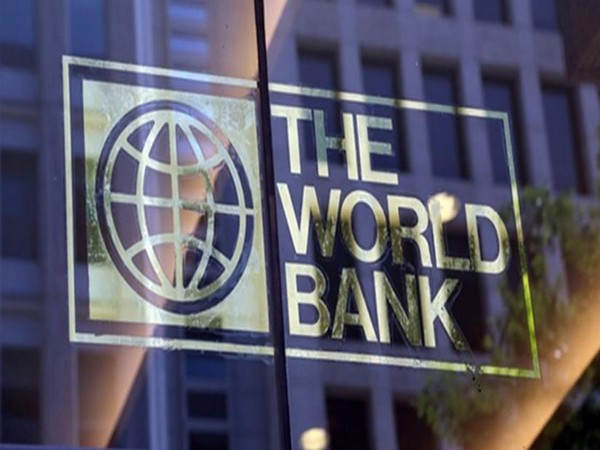World Bank Group Launches $510M CLO to Boost Emerging Market Investment
The transaction involves a $510 million collateralized loan obligation (CLO), representing a milestone in efforts to create innovative financing models for development.

In a groundbreaking move to expand private capital flows into developing countries, the World Bank Group, through its private sector arm, the International Finance Corporation (IFC), has successfully closed its first securitization transaction. The deal marks the launch of a new “originate-to-distribute” model that seeks to unlock institutional capital for emerging market investments at scale.
A First-of-Its-Kind Transaction
The transaction involves a $510 million collateralized loan obligation (CLO), representing a milestone in efforts to create innovative financing models for development. By repackaging IFC’s portfolio of loans into rated securities, the initiative creates a new asset class that meets the stringent requirements of institutional investors, such as pension funds, insurance companies, and global asset managers.
This model not only provides investors with a structured and transparent vehicle to access emerging market debt but also enables IFC to recycle its own capital to support additional projects in low- and middle-income countries.
Structure of the CLO
The CLO transaction attracted strong investor demand and was successfully listed on the London Stock Exchange. The structure includes:
-
$320 million senior tranche sold directly to private institutional investors.
-
$130 million mezzanine tranche insured by a consortium of leading credit insurers, enhancing risk protection.
-
$60 million equity tranche, retained to ensure alignment and risk sharing.
Goldman Sachs acted as the lead arranger, leveraging its expertise to structure and market the product to a diverse investor base.
Mobilizing Private Capital at Scale
World Bank Group President Ajay Banga hailed the deal as a pivotal step in mobilizing global capital markets for development:
“Mobilizing private investment at scale is essential to creating the jobs that give people a ladder out of poverty and begin the journey of changing a family’s trajectory for generations. This is step one in an originate-to-distribute strategy that holds significant potential to attract private capital at scale. It also frees up our balance sheet so we can support more countries and more private-sector players. The opportunity and the need are much larger—and so is our ambition.”
Towards a Scalable Model
The IFC intends to launch regular issuances, establishing a scalable and replicable model that can grow into a major financing channel for emerging markets. This approach is expected to bridge the gap between vast pools of global savings and the urgent financing needs of developing countries.
By meeting the investment standards of institutional investors, the CLO demonstrates that emerging market loans can be transformed into mainstream financial products, creating confidence and broadening the investor base.
Origin in the Private Sector Investment Lab
The transaction was inspired by recommendations from the Private Sector Investment Lab, an advisory group launched in June 2023. The Lab was created to identify barriers preventing private capital from flowing into emerging markets and to propose real-world, scalable solutions. The originate-to-distribute model was identified as a critical priority, paving the way for this inaugural securitization.
Significance for Global Development Finance
The launch of the CLO underscores the World Bank Group’s growing emphasis on innovative financial instruments to meet the massive funding needs for sustainable development. According to estimates, emerging and developing economies face trillions in annual investment gaps in areas such as infrastructure, climate adaptation, job creation, and healthcare.
By bringing private investors more directly into emerging market finance, the IFC aims to reduce reliance on public funding alone and amplify the impact of development capital.
Looking Ahead
The success of this inaugural CLO sets a precedent for future issuances, with the potential to become a regular financing tool not just for IFC but for other development finance institutions. If scaled, the model could significantly expand the flow of long-term, stable private capital to the countries and sectors that need it most.










